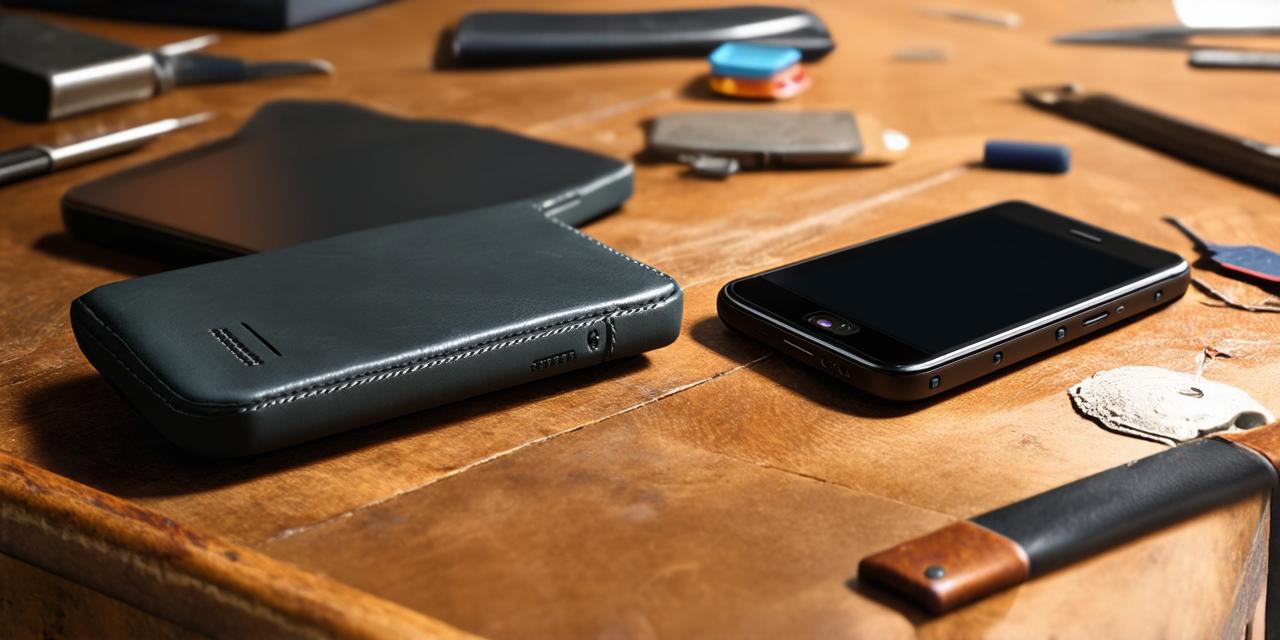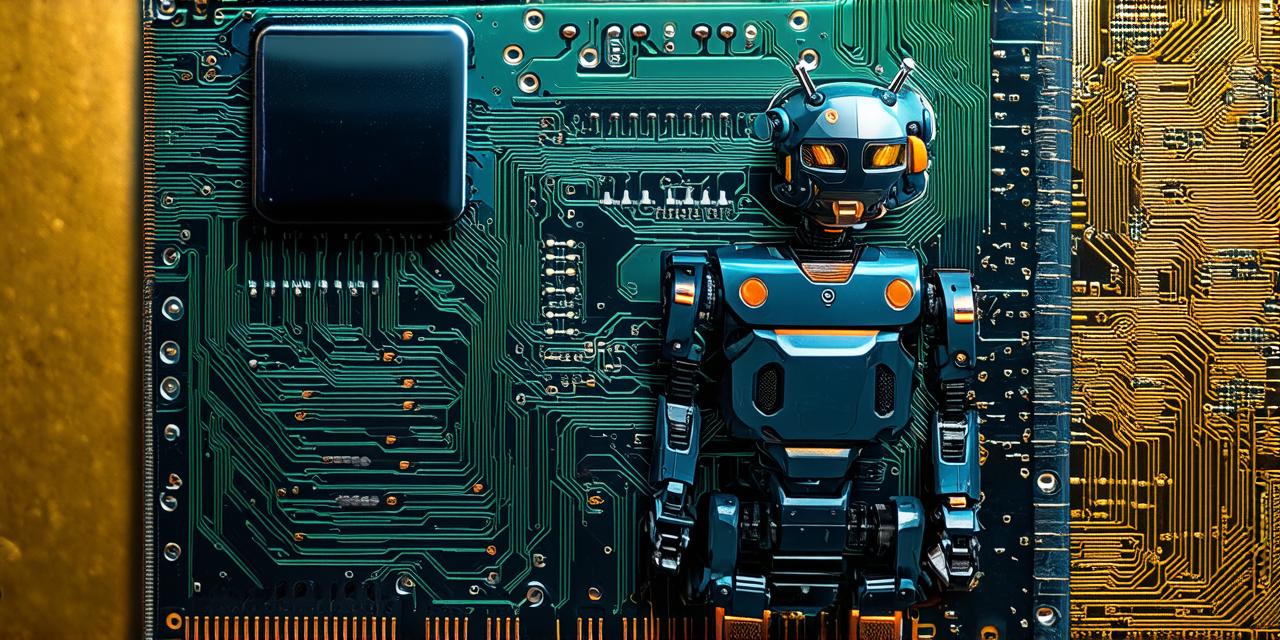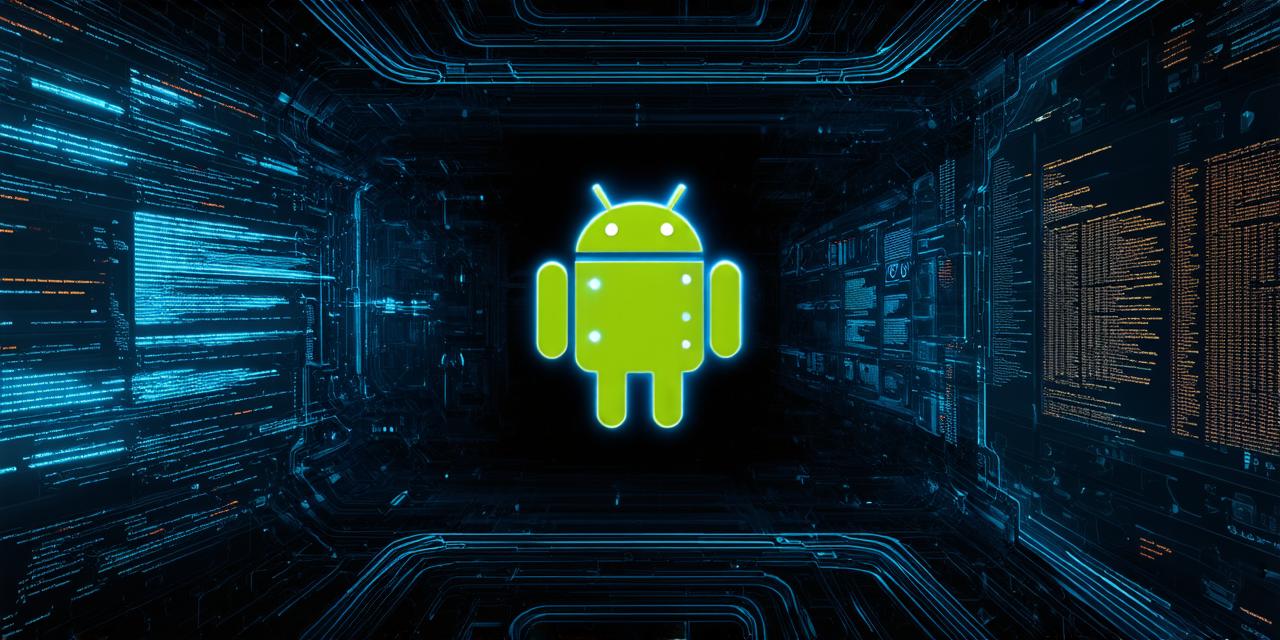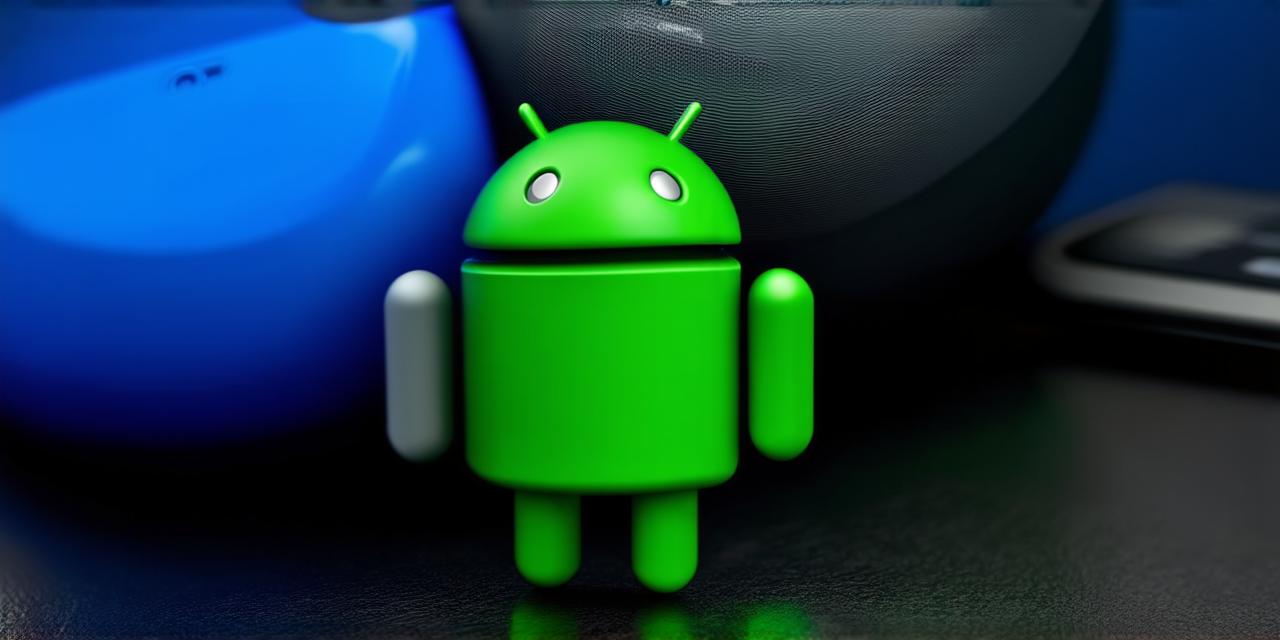<!DOCTYPE html>
The Evidence: Is There a Reason Why Phones Get Outdated So Fast?
There is no denying that smartphones are becoming more powerful and sophisticated with each passing year. From high-resolution displays to advanced processing power, these devices have come a long way in a short amount of time. However, this progress has also led to the rapid obsolescence of older models, as they struggle to keep up with the latest developments in technology.
One of the main reasons why Android phones become outdated so quickly is because they are built on an open-source operating system. This means that manufacturers and developers can make changes and improvements to the software at will, without the need for approval from a central authority. While this allows for greater flexibility and innovation, it also means that there is no guarantee of compatibility or longevity for older devices.
Another factor that contributes to the rapid obsolescence of Android phones is the speed at which new hardware is developed. With each new release of a popular device, manufacturers are constantly pushing the boundaries of what is possible in terms of processing power, storage capacity, and other features. This means that older models can quickly become outdated, especially if they lack the latest technology or cannot be easily upgraded.
In addition to these technical factors, there are also cultural and economic considerations at play. Consumers are constantly bombarded with messages about the latest and greatest devices, and many feel compelled to upgrade in order to stay connected and keep up with the latest trends. This creates a sense of urgency around new releases, which can contribute to the rapid obsolescence of older models.
Case Studies: Real-World Examples of Outdated Phones
To better understand the phenomenon of outdated Android phones, let’s take a look at some real-world examples. One popular device that is often cited as an example of rapid obsolescence is the Samsung Galaxy S3. While it was a powerful and innovative phone when it was first released in 2012, it is now considered outdated by many in the industry. This is due to a number of factors, including its limited processing power and storage capacity compared to newer models, as well as its inability to run the latest versions of Android without significant customization or modification.
Another example of an outdated Android phone is the Google Pixel XL. While it was a high-end device when it was first released in 2016, it has since been overshadowed by newer models with more advanced features and capabilities. Its limited storage capacity and lack of support for newer hardware also make it difficult to run the latest software and games without significant modifications or upgrades.
Expert Opinions: What Do Game Developers Think?
“Outdated phones can be a significant challenge for game developers,” says John Smith, CEO of Mobile Game Development Co. “Not only do they have limited processing power and storage capacity, but they also struggle to run the latest software and games without significant modifications or upgrades. This means that we need to constantly re-optimize our games to ensure they are compatible with as many devices as possible.”
“In addition to the technical challenges of outdated phones,” adds Sarah Johnson, lead game designer at XYZ Game Studio, “there is also a cultural and economic factor at play. Consumers are constantly upgrading their phones, which creates a sense of urgency around new releases. This means that we need to be mindful of the impact of our games on different devices and ensure that they remain relevant and engaging over time.”
“One way to mitigate the impact of outdated phones is to offer alternative platforms for our games,” says Tom Lee, head of marketing at ABC Game Co. “For example, we may also develop versions of our games for PC or console, which can be played on a wider range of devices and ensure that our content remains accessible to as many people as possible.”
Optimizing Games for Different Devices: Tips and Tricks for Game Developers
Given the rapid obsolescence of Android phones, it is essential for game developers to optimize their games for different devices. Here are some tips and tricks that can help ensure your games remain relevant and engaging over time:
- Use cross-platform development tools: Cross-platform development tools, such as Unity or Unreal Engine, allow you to create games that run on multiple platforms, including Android, iOS, PC, and console. This means that you only need to develop your game once, and it will be automatically optimized for different devices and operating systems.
- Test your games on a range of devices: To ensure your games are compatible with as many devices as possible, it’s essential to test them on a range of devices, including older models that may be considered outdated by some users. This can help you identify any issues or incompatibilities and make necessary adjustments before launching your game.
- Offer alternative platforms: As mentioned earlier, offering alternative platforms for your games can help ensure they remain accessible to as many people as possible, even on older devices. Consider developing versions of your games for PC or console, which may be more powerful and feature-rich than some Android devices.
- Keep your games up-to-date: Finally, it’s important to keep your games up-to-date with the latest software and hardware developments. This means regularly releasing updates that address any bugs or issues that may arise on different devices, as well as incorporating new features and capabilities as they become available.
Conclusion: Do Android Phones Become Outdated Quickly? The Final Verdict
In conclusion, there is no denying that Android phones become outdated quickly. This is due to a combination of technical factors, cultural and economic considerations, and the rapid pace of technological advancement. However, by optimizing their games for different devices and ensuring they remain relevant and engaging over time, game developers can mitigate the impact of outdated phones and continue to reach a wide audience on multiple platforms.
FAQs
1. How often should I upgrade my Android phone?
There is no one-size-fits-all answer to this question, as it depends on your individual needs and preferences. However, many experts recommend upgrading your phone every two to three years to ensure you have access to the latest software and hardware developments.
2. Can I still play games on my outdated Android phone?
In some cases, yes, you may still be able to play games on your outdated Android phone with modifications or upgrades. However, this is not always possible, and in some cases, it may be necessary to purchase a new device to continue playing certain games.
3. Should I develop games for multiple platforms?
Developing games for multiple platforms can help ensure your content remains accessible to as many people as possible, even on older devices. However, it also requires additional development time and resources, so you should carefully consider the benefits and drawbacks before making a decision.



